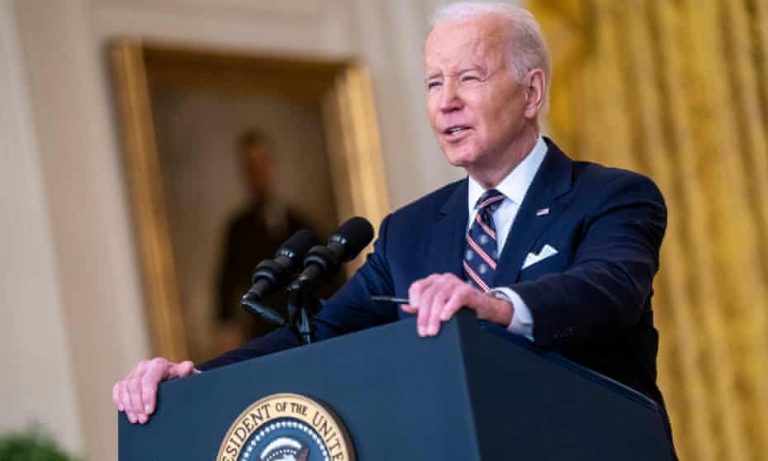
The United States has called on other countries to join its efforts to stabilize Haiti after the assassination of President Jovenel Moïse and the devastating earthquake that followed. The US is leading a security mission to help the Haitian authorities restore order and deliver humanitarian aid, but it faces many challenges and risks in the troubled Caribbean nation.
In a statement issued, US Secretary of State Antony Blinken said that the US was “working with our partners to coordinate our efforts in support of the Haitian people and Haiti’s democratic institutions.” He urged other countries to “step up and help provide much needed security, humanitarian, and stabilization assistance.”
“We reaffirm our support of ongoing international efforts to deploy a Multinational Security Support mission for Haiti… and renew our calls for the international community to urgently provide support for this mission.”
Register for Tekedia Mini-MBA edition 17 (June 9 – Sept 6, 2025) today for early bird discounts. Do annual for access to Blucera.com.
Tekedia AI in Business Masterclass opens registrations.
Join Tekedia Capital Syndicate and co-invest in great global startups.
Register to become a better CEO or Director with Tekedia CEO & Director Program.
Kenya had been meant to lead the mission but a High Court judge on Friday ruled that sending police to Haiti “contravenes the constitution and the law and is therefore unconstitutional, illegal and invalid.”
The US has deployed about 400 troops, along with FBI and Homeland Security agents, to assist the Haitian National Police in securing key infrastructure and protecting VIPs. The US has also provided $32 million in humanitarian assistance, including food, water, shelter, and medical supplies, to the earthquake victims.
Nairobi had previously said it was ready to provide up to 1,000 personnel — an offer welcomed by the United States and other nations that had ruled out putting their own forces on the ground. “It is urgent that the international community respond to the unprecedented levels of gang violence and destabilizing forces preying upon the Haitian people,” Miller said.
However, the security situation in Haiti remains volatile and complex, as rival gangs’ control large parts of the capital Port-au-Prince and other areas. The political crisis triggered by Moïse’s killing has not been resolved, as different factions claim legitimacy and power. The earthquake has also exacerbated the humanitarian needs of millions of Haitians who were already facing poverty, hunger, and disease.
The US has said that it does not intend to stay in Haiti for long, and that it is not seeking to impose a solution on the Haitian people. Blinken said that the US was “committed to supporting a Haitian-led process of restoring constitutional order as quickly as possible.” He added that the US was “encouraging Haiti’s political actors to engage in dialogue and form a broad-based, inclusive government that can deliver stability, peace, and free and fair elections.”
The US has also called for an international investigation into Moïse’s assassination, which involved foreign mercenaries and remains shrouded in mystery. Blinken said that the US was “working closely with Haitian and international partners to hold accountable those responsible for this heinous act.”
The US faces a delicate balance between providing security and humanitarian assistance to Haiti, while respecting its sovereignty and self-determination. The US has a long and controversial history of intervention in Haiti, dating back to the early 20th century. The US has supported or opposed various regimes, launched military invasions or occupations, and sponsored or opposed UN peacekeeping missions.
The US hopes that its current involvement in Haiti will help the country overcome its multiple crises and achieve lasting stability and democracy. However, the US also needs the cooperation and support of other countries and organizations to share the burden and responsibility of assisting Haiti. The US appeals for contributions to Haiti security mission reflect its recognition of the complexity and urgency of the situation, as well as its desire to avoid being seen as a unilateral actor or a neocolonial power.



